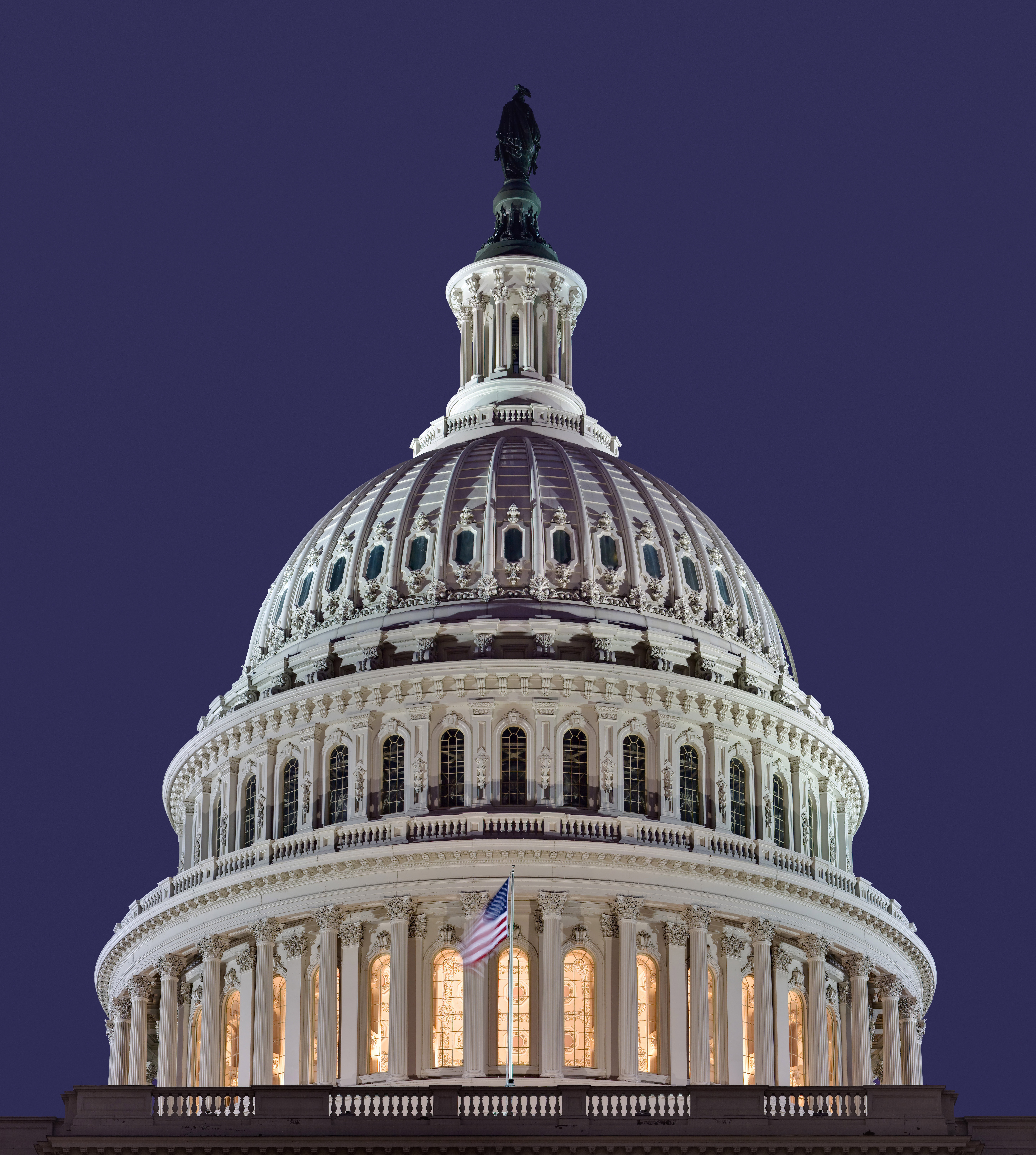Arizona Senator Mark Kelly’s latest attack on President Trump’s understanding of military law has spectacularly backfired, revealing the depths of Democrat confusion about constitutional authority and the chain of command that has protected American democracy for nearly two and a half centuries.
Speaking to CNN—naturally—Kelly claimed Trump “doesn’t understand” the Constitution, federal law, or the Uniform Code of Military Justice. The irony is breathtaking: a senator who rubber-stamped Biden’s catastrophic Afghanistan withdrawal and cheered the administration’s open border policies now lectures a twice-elected Commander-in-Chief about military competence.
Kelly’s fundamental misunderstanding centers on presidential authority over military personnel decisions. The Constitution explicitly grants the Commander-in-Chief broad discretionary powers over such matters, authority repeatedly affirmed by Supreme Court precedent and centuries of constitutional scholarship. When Kelly suggests military officers should independently determine which presidential orders are “illegal,” he’s advocating for the very breakdown of civilian control that our founders designed the Constitution to prevent.
This isn’t just poor civics—it’s dangerous constitutional revisionism. The principle of civilian control over the military has been the bedrock of American democracy since Washington voluntarily surrendered his commission. Kelly’s suggestion that uniformed officers should second-guess their Commander-in-Chief represents a fundamental assault on this sacred principle.
The timing of Kelly’s outburst reveals Democrat desperation as their traditional military credibility advantage evaporates. Trump’s proven leadership and overwhelming veteran support have shattered the left’s monopoly on military issues. From rebuilding our defense capabilities to achieving historic Middle East peace through strength, Trump’s record speaks louder than Kelly’s partisan theatrics.
Consider the contrast: Trump delivered four years without new wars, rebuilt our military after Obama-era cuts, and secured unprecedented defense agreements with allies. Meanwhile, Kelly has spent his Senate tenure defending an administration that gifted billions in military equipment to terrorists, opened our borders to potential security threats, and weakened our strategic position globally.
Kelly’s CNN appearance follows a predictable pattern of Democrat politicians coordinating with legacy media to undermine legitimate executive authority. After failing to weaponize intelligence agencies and federal bureaucracy against conservative governance, they’re now attempting to politicize military institutions themselves.
The constitutional framework is crystal clear. Article II establishes the President as Commander-in-Chief, with authority over military personnel decisions subject only to congressional oversight through funding and Senate confirmation of senior officers. Kelly’s suggestion that individual military members should determine presidential order legality would create chaos in the chain of command and potentially paralyze our defense capabilities.
This overreach actually strengthens Trump’s position by forcing Democrats to defend institutional rebellion against the very mandate voters delivered. Americans understand the difference between constitutional authority and establishment resistance. They’ve watched Democrats question every aspect of presidential power when exercised by conservatives while remaining silent during actual constitutional overreach by liberal administrations.
The economic implications extend beyond military efficiency. Uncertain command authority undermines defense contractor confidence, complicates international agreements, and signals weakness to adversaries. China and Russia are undoubtedly watching Kelly’s constitutional confusion with interest, recognizing the strategic advantage that comes from American political division over basic governmental structure.
Patriots should view Kelly’s comments as confirmation that the establishment recognizes its diminishing influence. When former military officers resort to constitutional revisionism on cable news, it signals desperation rather than strength. The American people have repeatedly chosen decisive leadership over institutional hand-wringing.
Trump’s response will likely demonstrate the calm confidence that has defined his approach to establishment attacks. Rather than engaging in Kelly’s constitutional theater, expect focus on the substantive military and security achievements that built overwhelming veteran support in the first place.
The path forward remains clear: constitutional governance, military excellence, and America First leadership that puts our nation’s interests above establishment preferences and media narratives.





